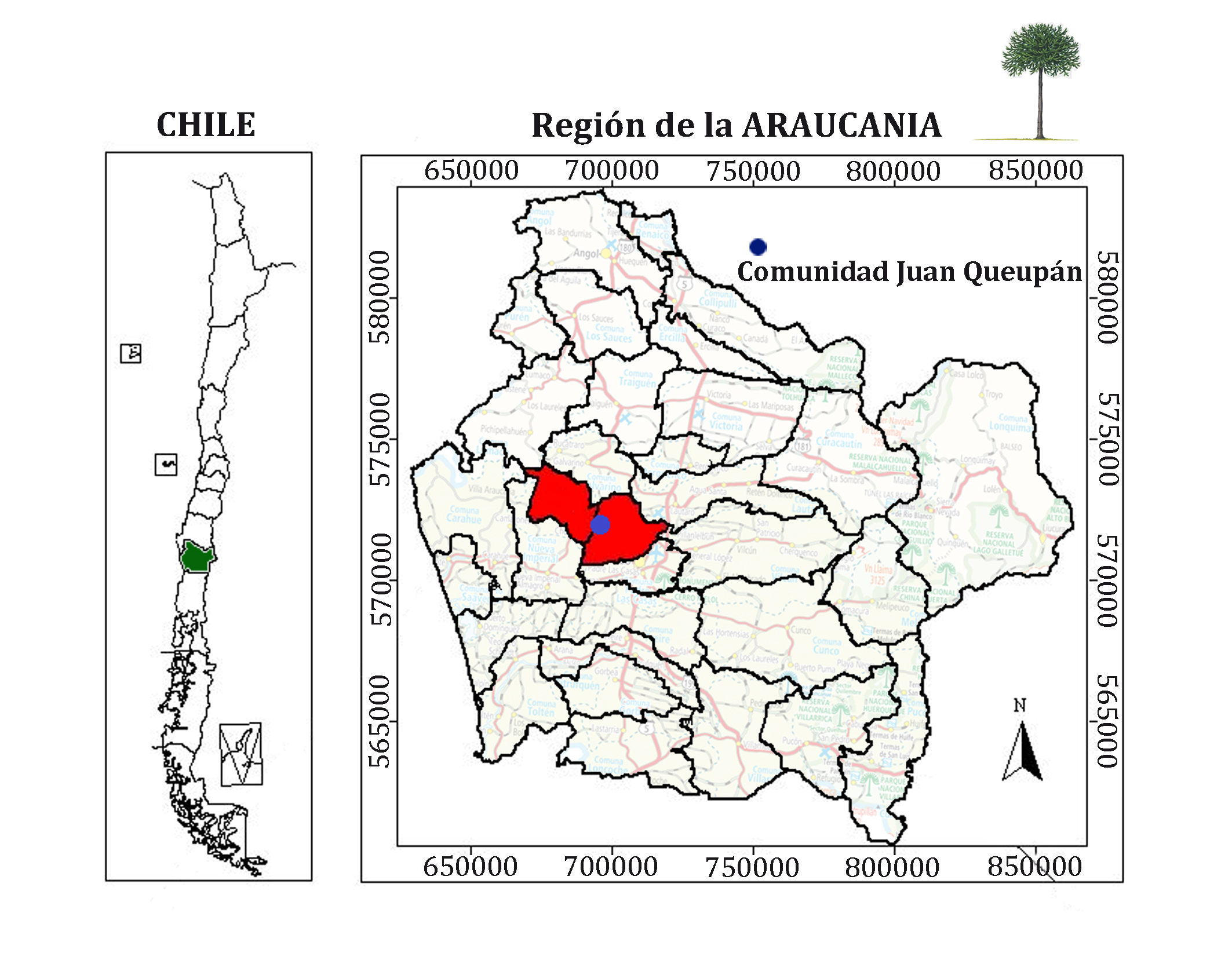Participatory evaluation of sustainability in a conventional and agroecological peasant farm of a Mapuche community, Chile
Keywords:
Agroecology, Rural development, Family farming, MESMISAbstract
The purpose of the present study is to assesment the sustainability levels of two peasant agrarian systems (conventional and agroecological) identifying the aspects (factors) that limit and enhance their sustainability. The methodological scheme used corresponded to the MESMIS and the instruments for information recollection were survey and field measurements, direct observations using field records, transects and open dialogues supported by scripts. The definition of indicators and assessment ranges were performed jointly with the peasants (men and women) through various participative methodologies. Results for the agroecological system point out a greater diversity of crops, higher percentage of crop diversity and seed self-production, higher total revenues and less seasonality of such incomes, less dependence on external inputs, higher percentage of recycling/reuse of on-farm resources/waste, greater application of own knowledge and abilities, increased application of agro-ecological technologies and greater participation in decision-making by women. It is concluded that the agroecological system has better levels of sustainability and socioecological performance than the conventional one.

Published
Issue
Section
License
Aquellos autores/as que tengan publicaciones con esta revista, aceptan las Políticas Editoriales.


